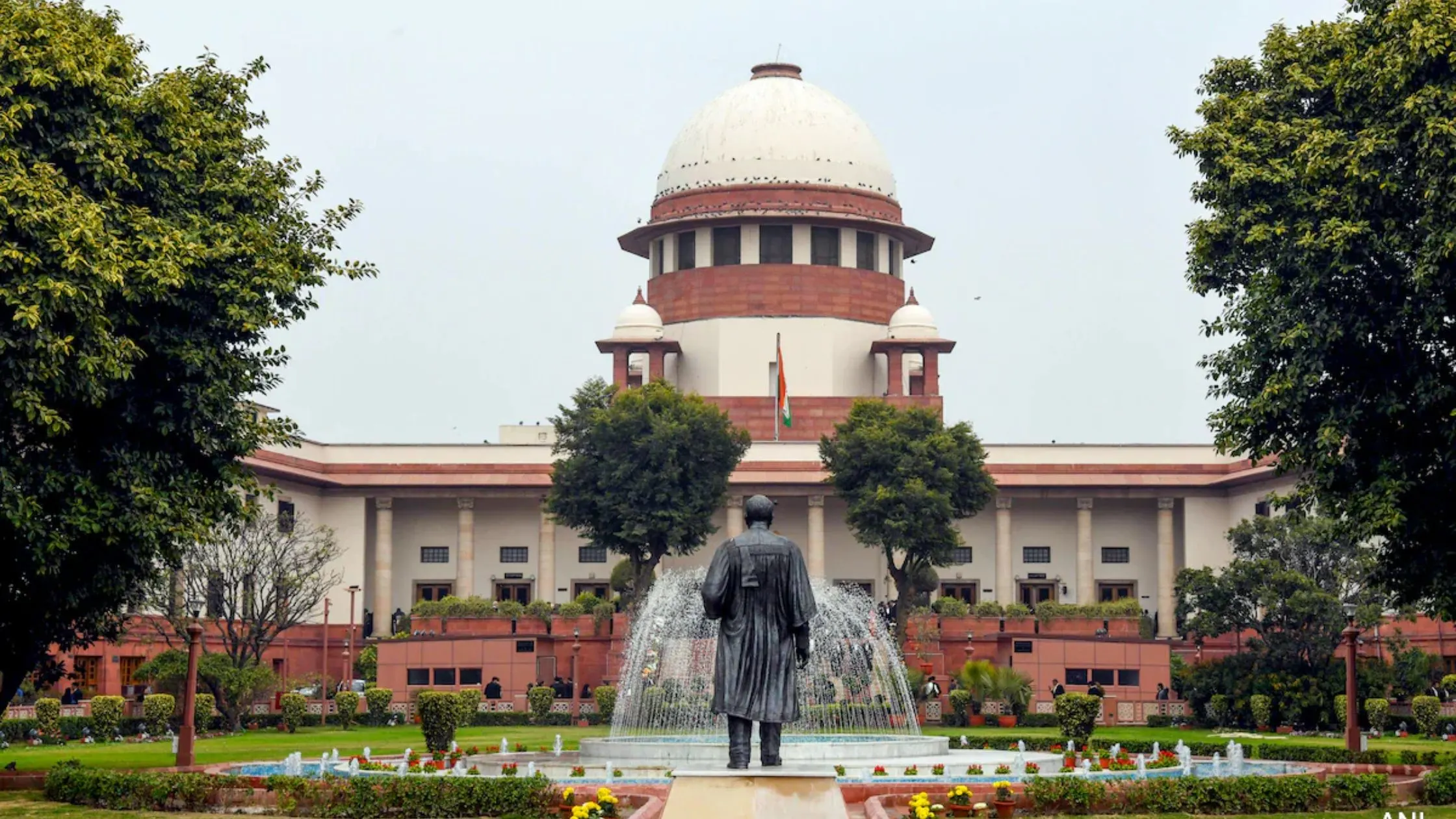Table of Content
▲
Introduction
Property valuation is an essential aspect of real estate in India. Whether you are buying, selling, or investing, understanding the value of a property helps make informed decisions. This comprehensive guide will explore property valuation in India, covering its importance, methods, factors affecting valuation, and state-wise valuation trends.
Table of Contents
- What is Property Valuation?
- Importance of Property Valuation
- Methods of Property Valuation
- Comparative Market Analysis
- Income Approach
- Cost Approach
- Factors Affecting Property Valuation
- Location
- Property Condition
- Market Trends
- Legal Issues
- State-wise Property Valuation Trends
- Delhi
- Mumbai
- Bengaluru
- Kolkata
- Hyderabad
- Chennai
- FAQs
- Conclusion
1. What is Property Valuation?
Property valuation is the process of determining the market value of a property. This value is based on various factors, including property characteristics, market conditions, and economic indicators. A qualified property valuer typically performs this assessment.
2. Importance of Property Valuation
Understanding the value of a property is crucial for several reasons:
- Buying and Selling: Helps sellers set a fair price and buyers avoid overpaying.
- Investment Decisions: Investors can make better choices based on the property’s value.
- Loan Applications: Banks require property valuations for mortgage approvals.
- Insurance Purposes: Ensures properties are adequately insured.
Also Read: How RERA Helps You in Your Homebuying Journey
3. Methods of Property Valuation
There are several methods to assess property value, including:
Comparative Market Analysis (CMA)
CMA involves comparing the property with similar properties recently sold in the same area. Factors such as size, location, and amenities are considered.
Key Steps:
- Identify comparable properties (comps).
- Analyze the sale prices of these comps.
- Adjust the value based on differences.
Income Approach
This method is mainly used for rental properties. It estimates value based on the income the property generates.
Key Steps:
- Calculate the gross rental income.
- Deduct expenses (maintenance, taxes).
- Apply a capitalization rate to determine the property’s value.
Cost Approach
The cost approach assesses the cost to replace the property minus depreciation. It is often used for new constructions.
Key Steps:
- Estimate the cost to construct the property today.
- Deduct depreciation based on the property’s age and condition.
- Add the value of the land.
Also Read: How RERA Helps You in Your Homebuying Journey
4. Factors Affecting Property Valuation
Several factors influence property value, including:
Location
The property’s location is one of the most significant factors. Areas with good schools, hospitals, and public transport tend to have higher property values.
Property Condition
Well-maintained properties with modern amenities will fetch a higher value compared to those in poor condition.
Market Trends
The overall real estate market conditions can impact property values. In a booming market, values increase, while in a downturn, they may decrease.
Legal Issues
Clear title and absence of disputes are essential. Properties with legal issues can have reduced values.
5. State-wise Property Valuation Trends
Here’s a detailed look at property valuation trends across major Indian cities:
Delhi
|
Property Type |
Average Price (INR/sq. ft.) |
Growth Rate (%) |
|
Residential |
10,000 |
5 |
|
Commercial |
15,000 |
7 |
Mumbai
|
Property Type |
Average Price (INR/sq. ft.) |
Growth Rate (%) |
|
Residential |
20,000 |
6 |
|
Commercial |
25,000 |
8 |
Bengaluru
|
Property Type |
Average Price (INR/sq. ft.) |
Growth Rate (%) |
|
Residential |
7,000 |
5 |
|
Commercial |
12,000 |
7 |
Kolkata
|
Property Type |
Average Price (INR/sq. ft.) |
Growth Rate (%) |
|
Residential |
6,000 |
4 |
|
Commercial |
10,000 |
5 |
Hyderabad
|
Property Type |
Average Price (INR/sq. ft.) |
Growth Rate (%) |
|
Residential |
5,500 |
6 |
|
Commercial |
9,000 |
7 |
Chennai
|
Property Type |
Average Price (INR/sq. ft.) |
Growth Rate (%) |
|
Residential |
6,500 |
5 |
|
Commercial |
11,000 |
6 |
Conclusion
Property valuation in India is a crucial aspect of real estate transactions. Understanding the various valuation methods and factors affecting property value helps buyers, sellers, and investors make informed decisions. With this guide, you can navigate the complexities of property valuation and ensure you’re making smart real estate choices.
Also Read: Understanding Section 80EEA: Tax Deduction for Home Loan Interest Paid

_1727093174.webp)
_1770964981.webp)




_1770976628.webp)
Ans 1. Property valuation is the process of determining the market value of a property based on factors like location, property condition, market trends, and more.
Ans 2. It is crucial for setting a fair price when buying or selling, for investment decisions, securing loans, and for insurance purposes.
Ans 3. The three main methods are Comparative Market Analysis (CMA), Income Approach, and Cost Approach.
Ans 4. Location, property condition, market trends, and legal issues are the primary factors affecting property value.
Ans 5. CMA compares your property with recently sold similar properties in the same area to determine its market value.